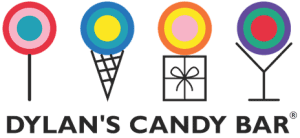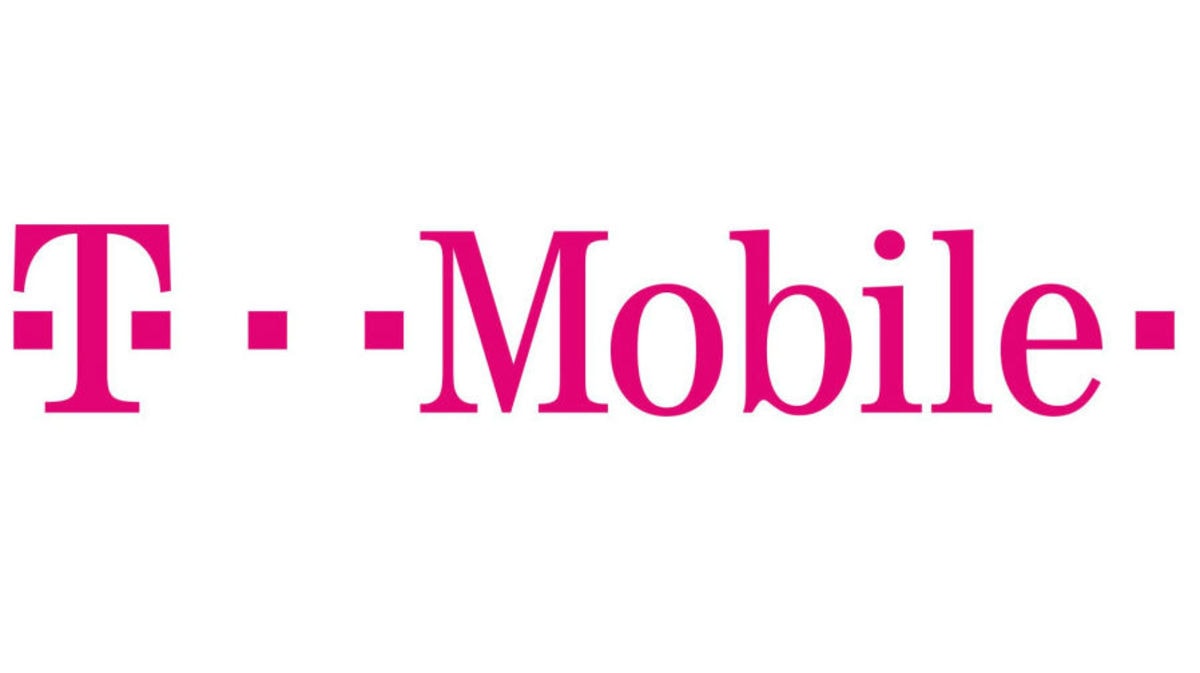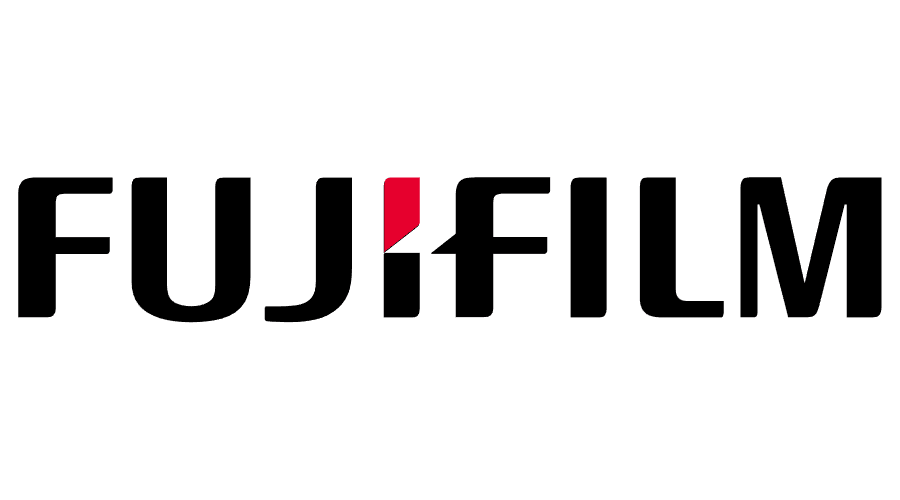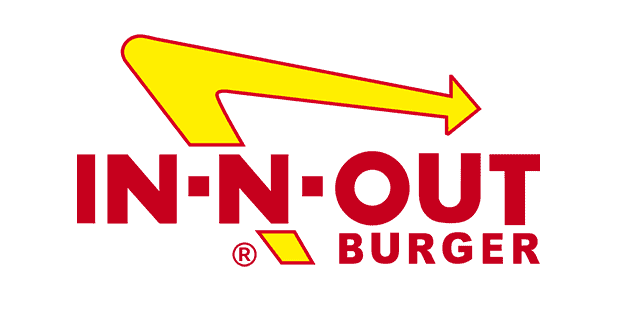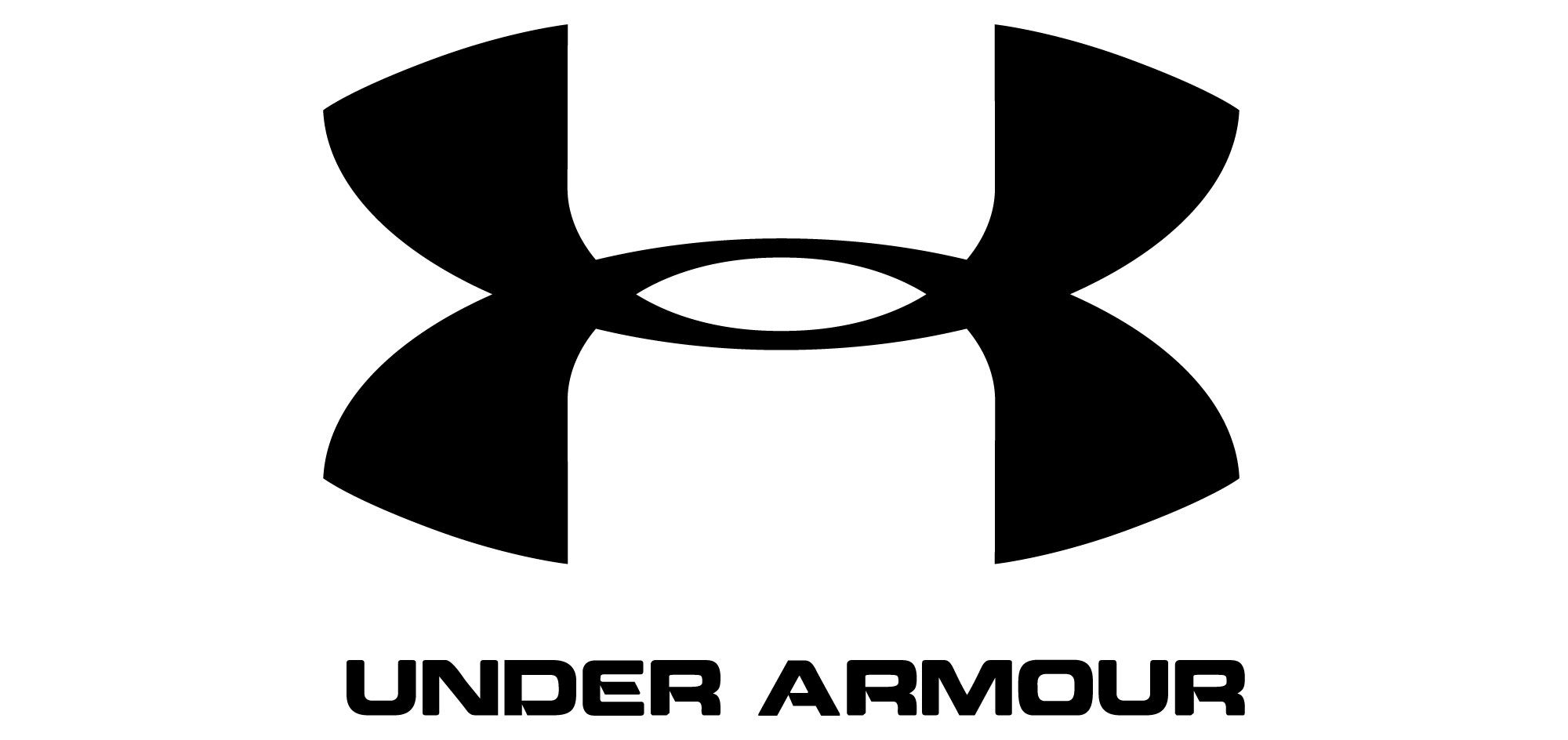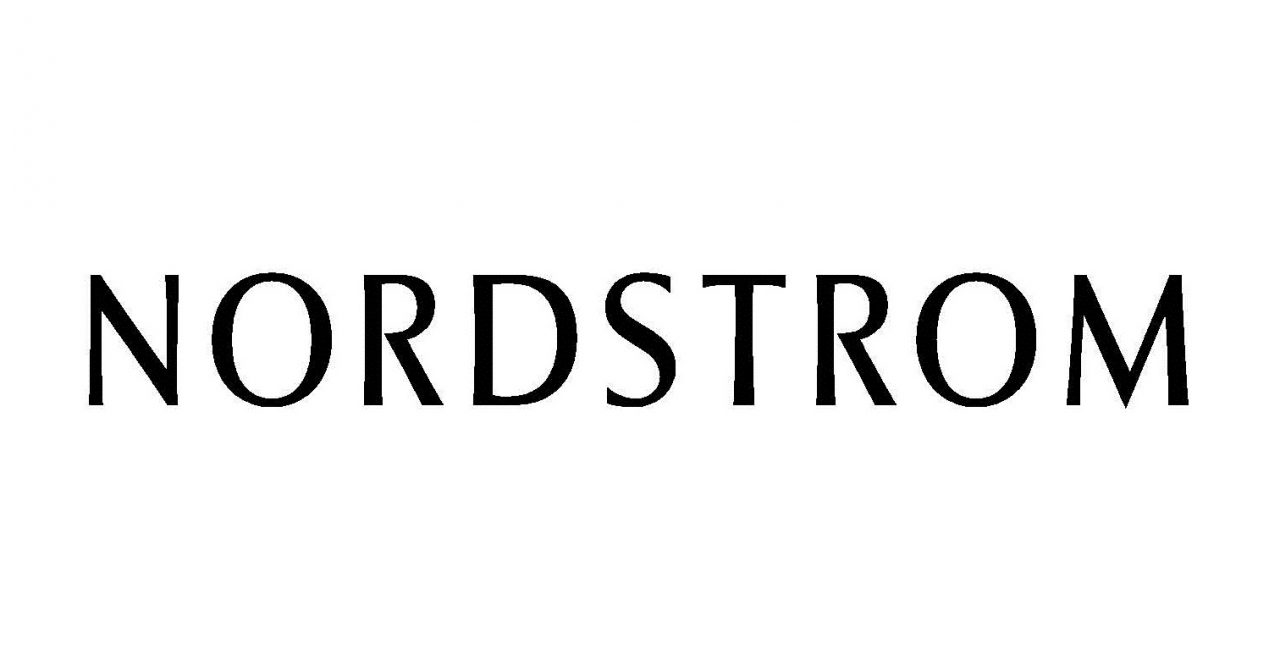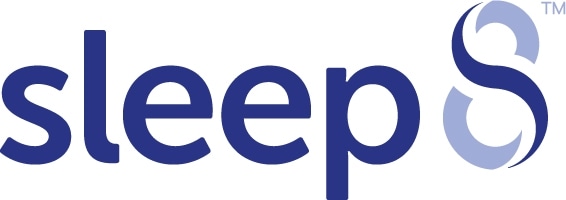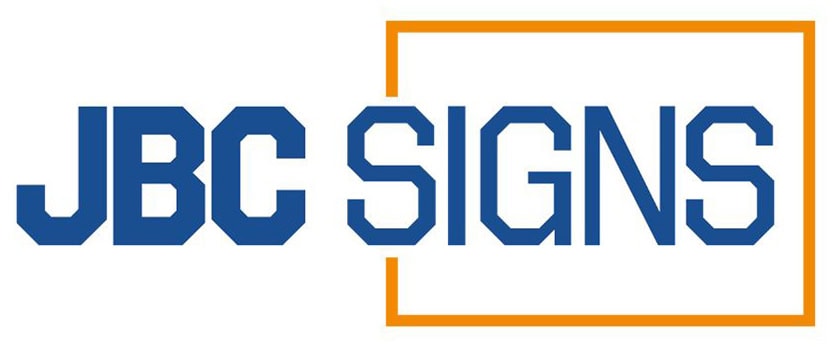Key Takeaways
- Avoid Overused Buzzwords
Words like "revolutionary" and "unique" sound generic and lose impact. These terms are often overused, making your message seem unoriginal. Focus on specific benefits rather than vague claims. - Steer Clear of Exaggerations
Terms like "guaranteed" or "risk-free" can make customers skeptical. Without proof, such claims may seem misleading and reduce credibility. Always back up statements with facts or testimonials. - Eliminate Ambiguous Language
Words like "maybe" or "possibly" create uncertainty and weaken confidence. Customers prefer clear, direct messaging that conveys reliability. Strong statements build trust and encourage action. - Refrain from Using Negative Words
Words like "cheap" or "bargain" can make products seem low quality. Instead, highlight affordability or great value in a positive way. Positive wording improves perception and boosts interest. - Be Cautious with Superlatives
Saying "best" or "number one" without evidence can sound boastful. Unsupported superlatives reduce credibility and make customers question claims. Use statistics, awards, or reviews for validation.
How well written is your company’s brochure? Many companies are confident that their direct marketing materials are the best in their industry, but a quick read can often reveal simple mistakes in wording and design.
One of the most common brochure mistakes is the inclusion of words that just don’t fit. From words that deter prospects from taking action to words that cheapen your product or service, some words just don’t belong in a direct marketing setting.
Does your company’s promotional brochure contain some of the words best avoided in direct mail? Read on to discover 10 words not to use in your company’s brochure, and discover whether your company’s marketing materials are as good as you think.
Cheapest
If you’re marketing your product as the cheapest in its category, people will almost always question its quality. Instead of marketing based on cheapness alone, market your product based on the value it offers relative to its competitors.
Bargain
Even if your product is a bargain, it’s best to avoid using this word. Bargain has a lot of baggage to its – customers are far more likely to view your product as a discount item of questionable quality than as a high quality, bargain-priced good.
Best
If your product is the best, you shouldn’t need to say it. Instead of labeling an item as the best in its category or class, provide a description of why and how it’s the best so that your target audience can discover some of its value.
Honestly
When you use the word “honestly” in a brochure, it gives the impression that all of your other marketing communications aren’t honest. Show you’re honest using the copy you write, not with a single word at the beginning of a marketing promise.
Maybe
The key to effective copy – whether it’s in a brochure or a sales letter – is concrete, undeniable certainty. “Maybe” is a word that isn’t certain, and as such it shouldn’t ever be used in a brochure, retail sign or direct marketing letter.
Get (or “buy”)
People are far less interested in “getting” something – or “buying” something, for that matter – than they are in owning it. Instead of talking about what people get from your company, talk about what they can potentially own.
Obvious
While a certain fact might be obvious to you – for example, the fact that the product or service you’re selling can improve someone’s life – it might not be obvious to the people you’re targeting. Avoid using “obvious,” as it could sound patronizing.
Contract
Have you ever seen a gym membership marketed based on how easy it is to get out of the contract? People don’t want to think about contracts when they sign up for an offer – they rarely leave a positive impression – so avoid focusing on them.
Trial
Like contracts, “free trials” are often viewed suspiciously by customers. If you offer a free sample of your product, use a phrase like “try it free” instead of mentioning the trial period, as people often associate free trials with expensive cancellation fees.
Fast
We’ve all been told that we can “lose weight fast” or “make money fast,” usually with results that don’t match the reality. Like free trials and contracts, many people don’t trust the word “fast” in marketing, making it worth leaving out of your brochure.
FAQs
- Why should I avoid overused buzzwords?
Buzzwords like "cutting-edge" are often vague and unconvincing. Customers want specific details that set your brand apart. Clear, benefit-driven language is more persuasive. - How do exaggerated claims affect customer trust?
Customers become skeptical when they see words like "risk-free" without proof. Overpromising can lead to disappointment and hurt your reputation. Honest messaging strengthens trust and loyalty. - Why is ambiguous language bad for brochures?
Words like "might" or "could" make your message sound uncertain. Customers prefer direct, confident statements about products. Strong language increases credibility and improves engagement. - What’s wrong with using negative words?
Negative words can unintentionally lower product value. Instead of "cheap," say "affordable" to maintain a premium feel. Positive phrasing encourages customers to take action. - Are superlatives effective in marketing?
Only if they are backed by facts like awards or rankings. Claims like "the best" without proof sound empty. Supporting statements with real data makes them more believable.



